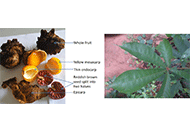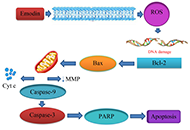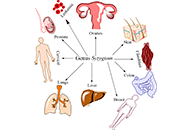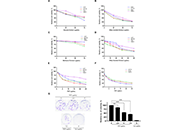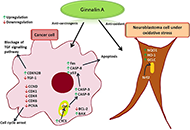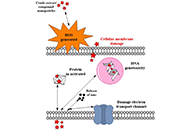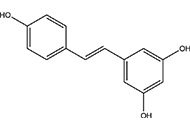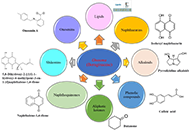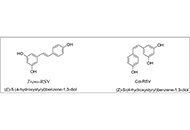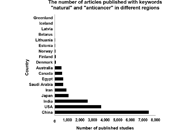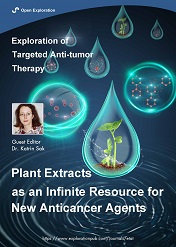
Plant Extracts as an Infinite Resource for New Anticancer Agents
Guest Editor
Dr. Katrin Sak E-Mail
NGO Praeventio, Tartu, Estonia
Research Keywords: Phytochemicals; plant polyphenols; flavonoids; anticancer activities; interactions with classical cancer treatment modalities
About the Special lssue
Since a great success of screening program launched by the US National Cancer Institute in 1960 to identify new anticancer agents from plants that ultimately led to discovery of important chemotherapeutic drugs such as paclitaxel, vincristine and vinblastine, a huge number of studies have been conducted to isolate and characterize novel bioactive compounds from various plant extracts. Considering the very complex chemical structures of paclitaxel and vincristine, it has been even argued that they might never have been discovered without investigation into plants and pharmacological activities of their constituents. However, the expansion of combinatorial chemistry for drug discovery in the 1990s considerably declined the interest in plant products as a natural source of lead molecules for novel and more efficient cancer therapeutics. As a consequence, to date, only around 10% of approximately 250,000 higher plant species have been explored for their therapeutic potential against malignant disorders. On the other hand, chemotherapeutic drugs that were initially derived from plant products and introduced into clinical use several decades ago belong to the basic arsenal for fighting against cancer still today, affecting different molecular targets and ultimately leading to the death of cancer cells. This fact clearly suggests that a huge diversity of compounds biosynthesized by plants might hold some further promise and offer as-yet-undiscovered possibilities in combating malignancies, significantly raising the interest in plant-derived agents over the recent years. Therefore, papers about diverse anticancer properties of plant extracts and their bioactive components are welcomed to be submitted to this special issue, presenting structures of novel phytochemicals and unraveling their molecular mechanisms in different cancer models.
Keywords: Plant extracts; Phytochemicals; Anticancer activities; Chemotherapeutic drugs; Apoptosis; Metastasis; Angiogenesis; Molecular mechanisms; Cellular signaling cascades
Published Articles
